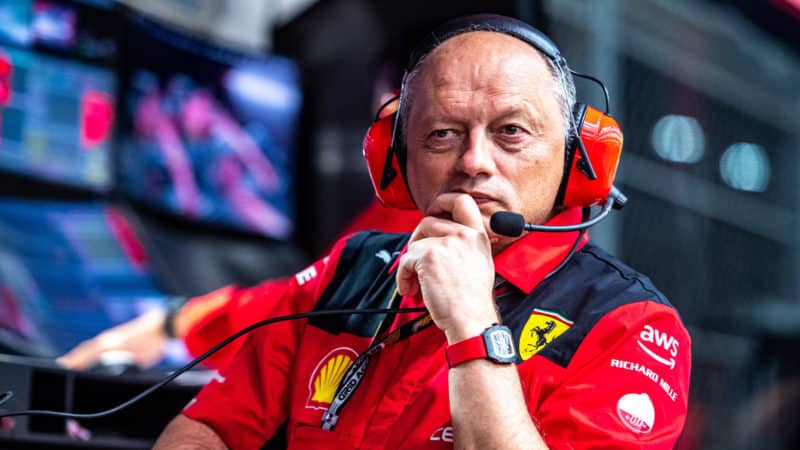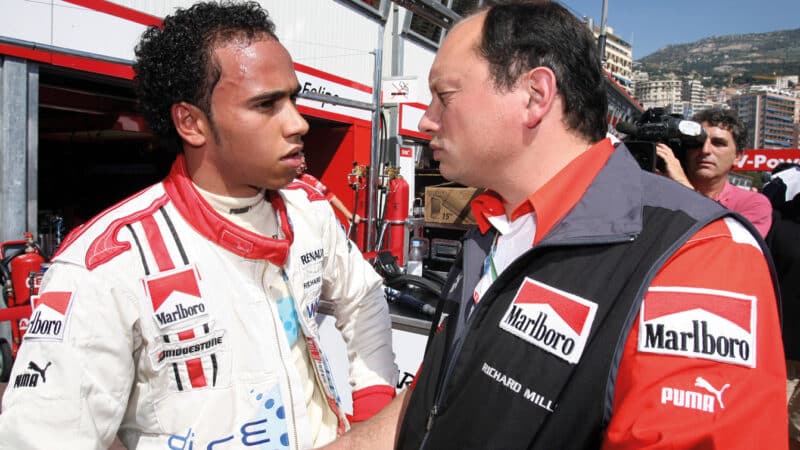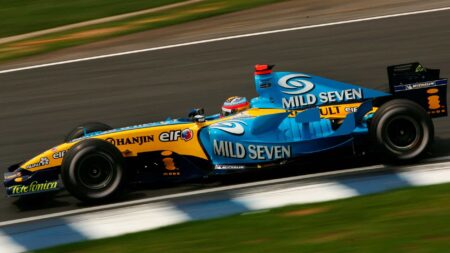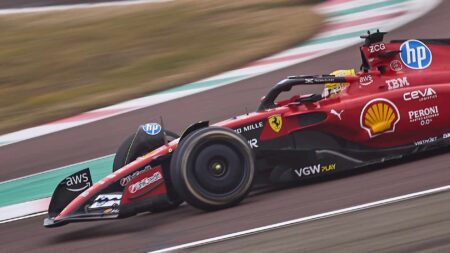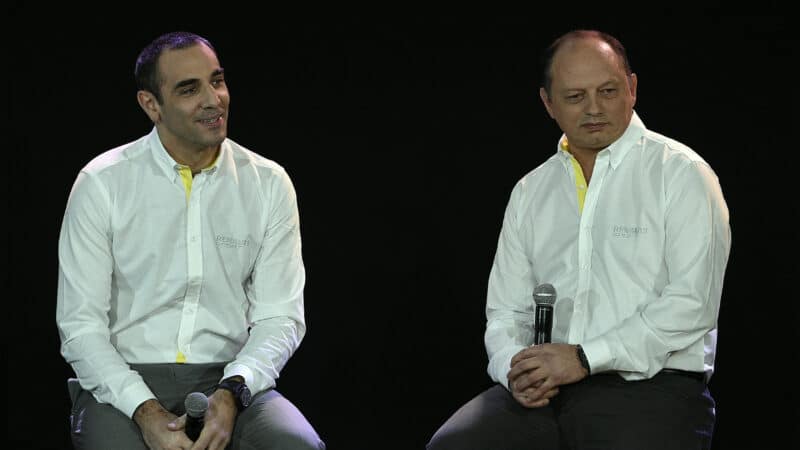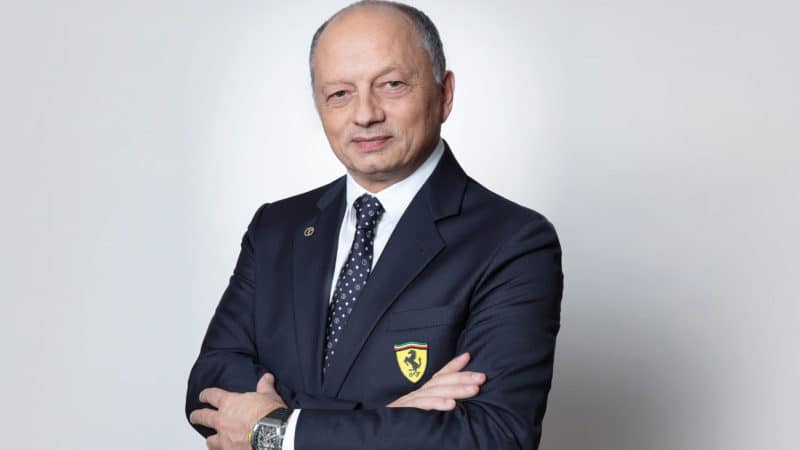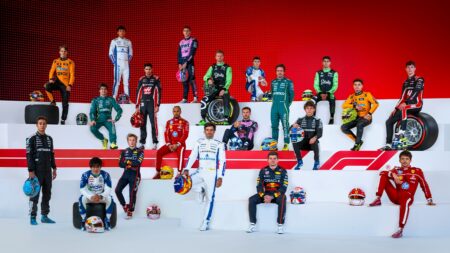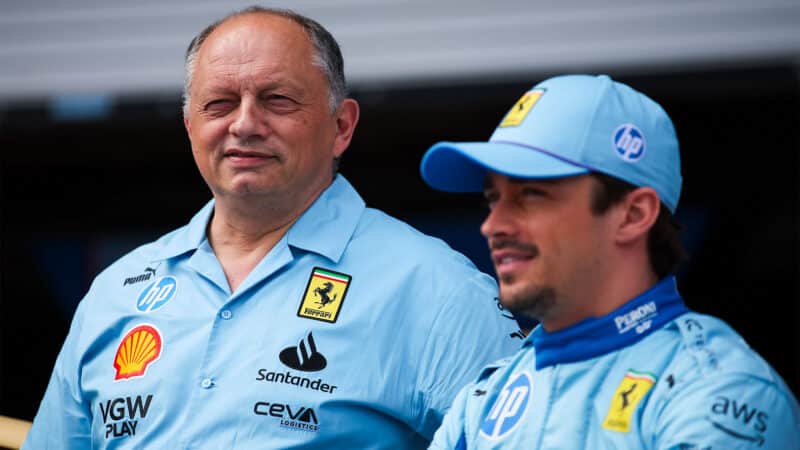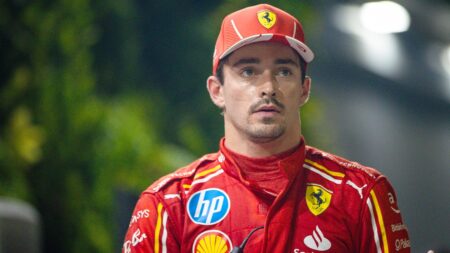He joined ESTACA (École Supérieure des Techniques Aéronautiques et de Construction Automobile) in Paris and, while studying, started his first racing team. Vasseur has described the team as a “joke”, but it started winning and attracted the attention of Renault. As a result the young engineer set up his first company, RPM, in 1992 to prepare Formula 3 engines for the firm.
Three years later, Vasseur graduated in Aeronautical Engineering and, after an internship, joined the ASM (Action Sport and Motor) team, which was running Formula 3 cars. He quickly became a key member of the team and bought a stake in the team.
But Vasseur’s ambitions exceeded the plans of the team founder, and he soon bought the company, renaming it ASM F3 and going on to lead it to its first French F3 title in 1998 with David Saelens at the wheel.
Success brought a partnership with Mercedes, and expansion into Euro Formula 3, where ASM continued winning and became a magnet for young talent. Jamie Green (2004), Lewis Hamilton (2005), Paul Di Resta (2006), Romain Grosjean (2007) all won in successive years with ASM, but Vasseur had his eyes on greater heights.
In 2005, he set up ART Grand Prix with Jean Todt’s son, Nicolas, to compete in the then-new GP2 series — the predecessor to current Formula 2 — and took the new championship by storm. In the opening season, ART ran Nico Rosberg, who won the title. He was followed by Hamilton (fresh from success with ASM in F3), who was champion in 2006. Nico Hülkenberg won a third GP2 title for ART in 2009.
By then, ASM and ART had merged, with Vasseur at the helm. He still, however, found time to set up AOTech in 2010, a company which specialises in driving simulators and CFD design. Then came Spark Racing Technology in 2012, which designs and manufactures hybrid and electric systems. It has held the contract to build Formula E chassis since the series first started in 2014.
At this point, Vasseur was unsurprisingly being courted by Formula 1 teams. Initially he resisted the move, later telling The Times that he “enjoyed” working in the junior series as it allowed him to “cover everything as a team principal”.
But the lure of the world championship soon proved too hard to resist.
The Renault and Sauber years
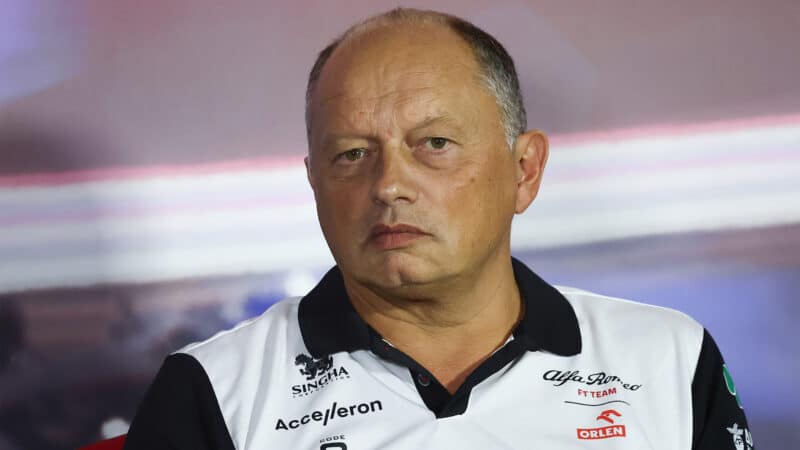
From winning multiple titles in junior categories, Vasseur now found himself competing for scraps
Vasseur arrived in the F1 paddock at the start of the 2016 season as racing director for Renault, which was making its return to the series as a works team for the first time since 2011.
His role was effectively that of a team principal, and he was handed that title in July of 2016, as part of a restructure which hinted at the problems to come, which would hamper Renault’s attempts to once more be in contention for the world championship.
